New advances in cancer research reveal why some forms of epithelial cancer are so resistant to treatment: they have the ability to “change identity” and take on the appearance of other cell types in the body.
Two new studies from Cold Spring Harbor Laboratory (CSHL) have identified key proteins and structures that control this process, opening the way for the development of safer, more targeted therapies.
These tumors are “very versatile in terms of cell identity,” making many current treatments less effective, said CSHL professor Christopher Vakoc.
Some tumors even change to resemble skin cells or other forms, helping them avoid the effects of drugs.
Two new studies from Vakoc’s team reveal key weaknesses. In a paper published in Nature Communications, the scientists discovered a protein that determines whether pancreatic cancer cells maintain a typical appearance or shift to skin-like characteristics.
In a second study published in Cell Reports, the team solved the crystal structure of a group of proteins essential for “cluster cell” lung cancer.
Vakoc said the discovery “closes a circle” as the team revisits research from 2018, when squamous cell lung cancer was first identified.
The team then focused on finding epigenetic effects that promote cancer, not just in genes but also in the mechanisms of gene transcription and regulation. This time, in collaboration with CSHL Research Director Leemor Joshua-Tor, the scientists found clues that could lead to a new epigenetic therapy to stop cancer progression.
Both works fit into the long-term goal of the research program: identifying the “master controllers” that govern cell identity.
In the future, these controllers could become the basis for specialized therapies, just as hormone therapy has changed the way breast and prostate cancers have been treated in the past, according to scientists.
However, Vakoc noted that this goal still needs more time and research.
Preclinical testing results also show a high safety potential.
In mouse models of pancreatic and lung cancer, the team saw no signs of toxicity or organ damage. “We are setting a higher bar for specificity when developing new cancer targets and treatments,” Vakoc said.
By shedding light on how tumors control and alter cell identity, scientists hope this approach will help develop more precise and effective therapies in the future, while also contributing to a fundamental understanding of cancer biology./.
Source: https://www.vietnamplus.vn/phat-hien-cong-tac-an-khien-khoi-u-khang-dieu-tri-ung-thu-post1079071.vnp


![[Photo] VinUni students' emotions are sublimated with "Homeland in the Heart: The Concert Film"](/_next/image?url=https%3A%2F%2Fvphoto.vietnam.vn%2Fthumb%2F1200x675%2Fvietnam%2Fresource%2FIMAGE%2F2025%2F11%2F26%2F1764174931822_10-3878-jpg.webp&w=3840&q=75)



![[Photo] Close-up of heavy damage at the school located on the banks of the Ban Thach River](/_next/image?url=https%3A%2F%2Fvphoto.vietnam.vn%2Fthumb%2F1200x675%2Fvietnam%2Fresource%2FIMAGE%2F2025%2F11%2F26%2F1764152130492_ndo_bl_img-8188-8805-jpg.webp&w=3840&q=75)

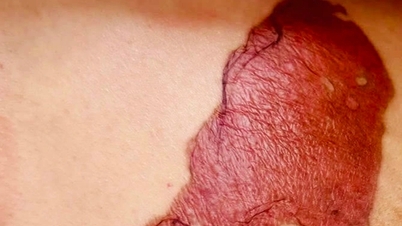

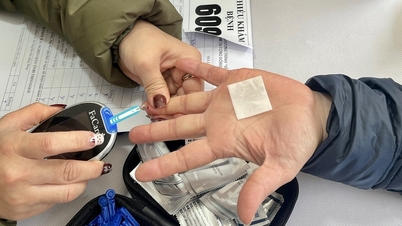
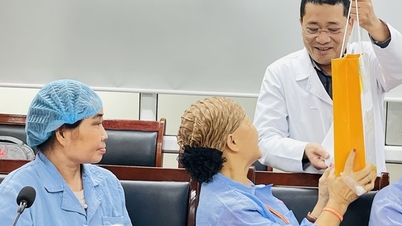























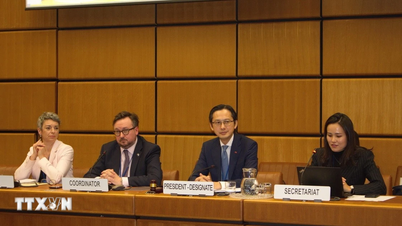













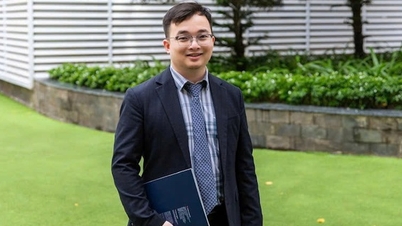



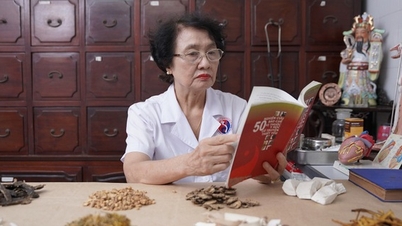

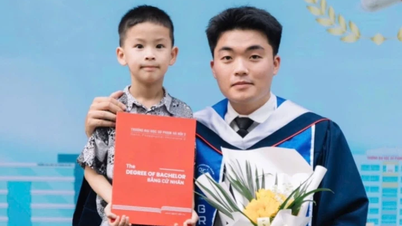









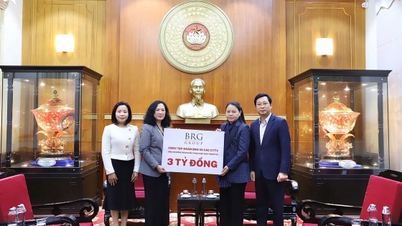








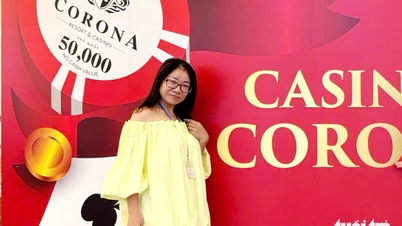



![[Photo] Opening of the 28th Session of the Hanoi People's Council](https://vphoto.vietnam.vn/thumb/402x226/vietnam/resource/IMAGE/2025/11/26/1764155991133_image.jpeg)









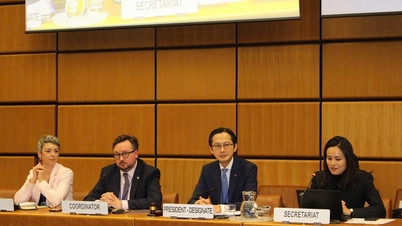



















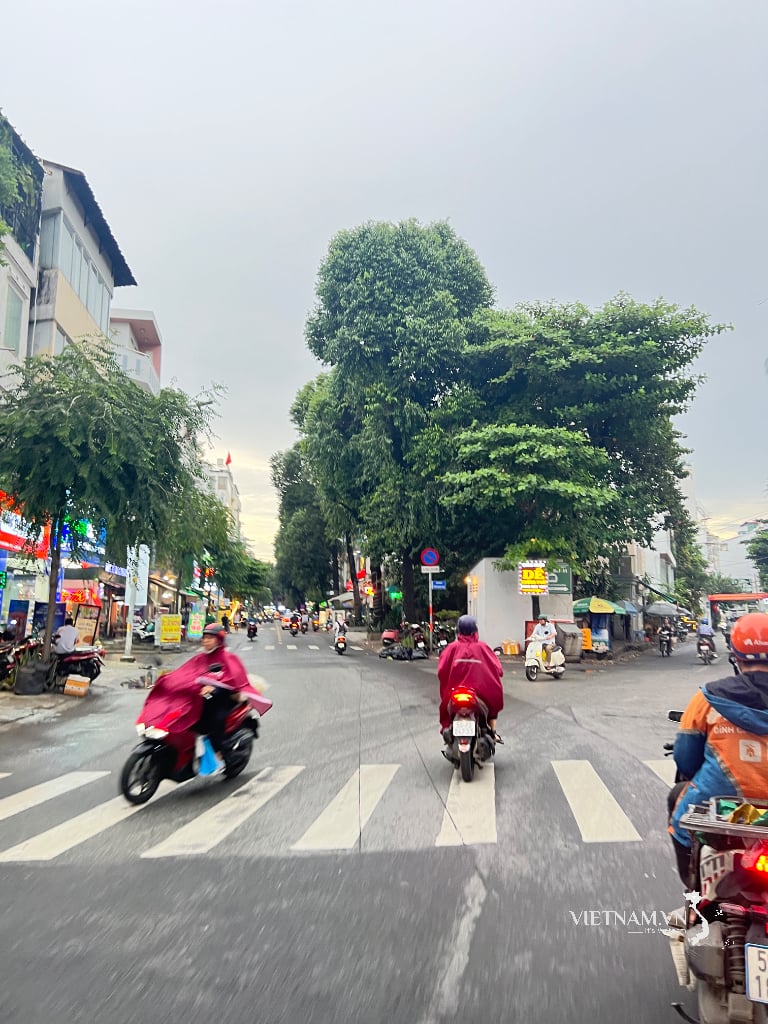
Comment (0)